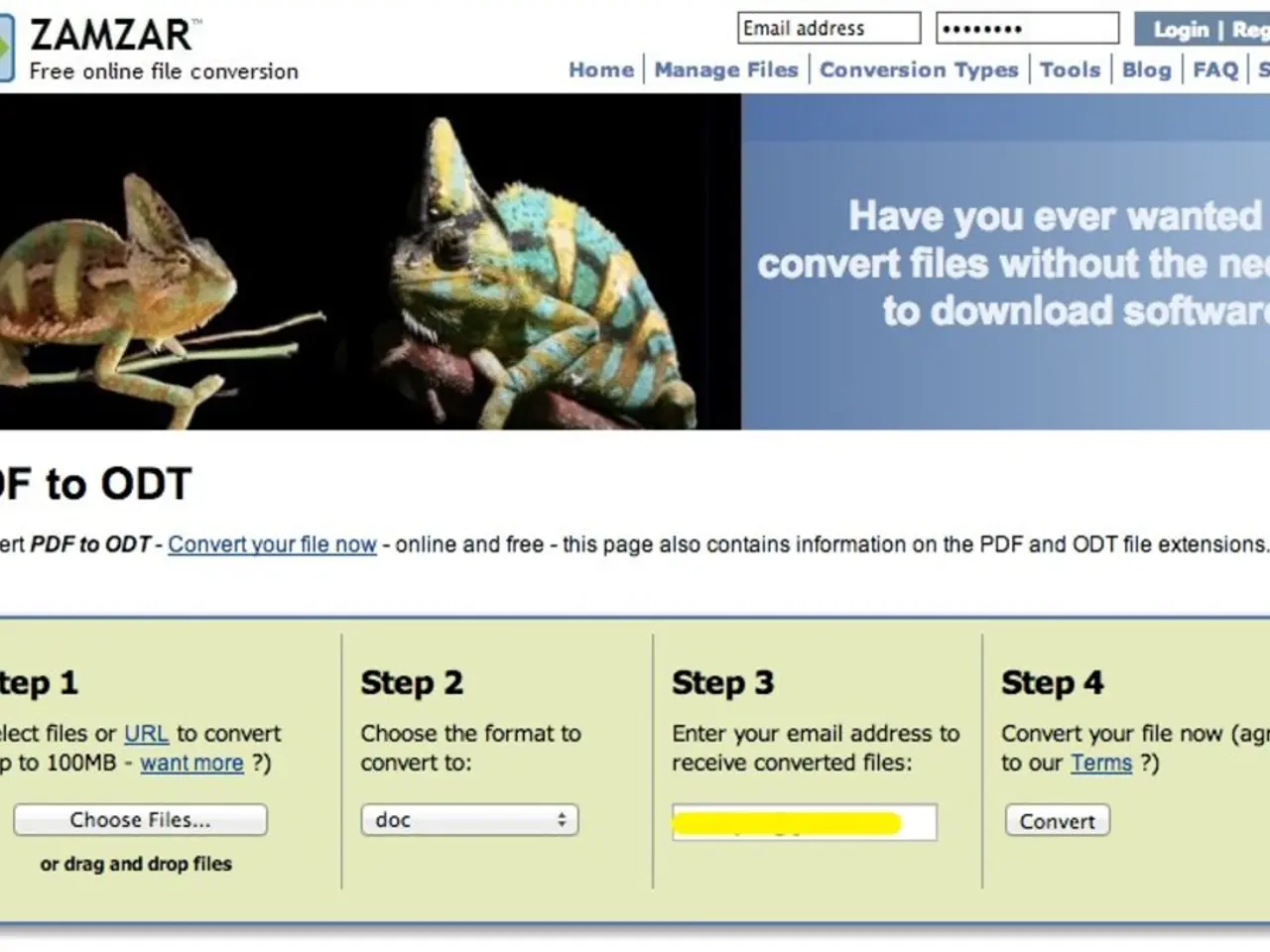Regulatory Sandbox Unveiled by Nigeria's Securities Commission for Cryptocurrency Businesses
In a bid to regulate the growing crypto assets sector, Nigeria's Securities and Exchange Commission (SEC) has launched the Accelerated Regulatory Incubation Program (ARIP) for Virtual Asset Service Providers (VASPs). This program aims to onboard VASPs under a regulated framework that aligns with updated securities laws recognizing digital assets as securities.
Under the ARIP, VASPs are required to register and operate under a regulated framework. Key elements of the current rules and regulations for VASPs under ARIP include:
- Licensing Requirement: All virtual asset exchanges, wallet providers, and decentralized finance (DeFi) platforms must be licensed by the SEC following the enactment of the Investment and Securities Act (ISA) 2025.
- Regulatory Scope Expansion: The SEC is amending existing rules on digital assets to strengthen oversight of issuance, platforms, exchanges, and custody services.
- Approval-in-Principle: As of mid-2024, the SEC granted approval-in-principle to two digital asset exchanges to commence operations under ARIP.
- Risk Management and Compliance: VASPs are expected to implement robust Enterprise Risk Management frameworks consistent with international standards to mitigate financial crimes.
- Monitoring and Surveillance: The SEC plans to deploy Artificial Intelligence (AI) tools for blockchain analytics to track and investigate illicit transactions.
- Regional Coordination: Recognizing cross-border challenges, SEC calls for harmonization of regulatory frameworks among ECOWAS countries to prevent regulatory arbitrage and crypto-related financial crimes.
VASPs must fulfill certain conditions before being registered under ARIP by the SEC. The processing fee for registration is N2,000,000 (roughly $1,350), and any VASP operating without registration will be fined N20 million (roughly $13,500).
The SEC's actions may be a response to the challenges of a rapidly devaluing currency and inflation in Nigeria. However, it's important to note that the SEC has not yet issued a formal ban on crypto assets. In a contrast to earlier events, the Central Bank of Nigeria issued a directive permitting banks to open accounts for crypto companies last December.
Recently, the Nigeria Security and Exchange Commission (SEC) has issued a circular asking virtual assets service providers (VASPs) to register under the Accelerated Regulatory Incubation Program (ARIP). The SEC has set a 30-day ultimatum for VASPs to register under ARIP, and failure to comply may result in enforcement action and fines.
In a virtual meeting with players in the crypto ecosystem in Nigeria, the SEC's new director general, Emomotimi Agama, hinted at a plan to ban the naira from all peer-to-peer exchanges. This suggests a tendency from the Nigerian government to ban the asset class, but it remains to be seen how this plan will be implemented.
In February, Nigerian authorities directed telecommunications service providers to disable access to major crypto exchanges, further indicating the government's focus on regulating the crypto sector. As the situation evolves, it's crucial for VASPs to stay compliant with the SEC's regulations to avoid penalties and ensure the continued growth of the crypto industry in Nigeria.
- The Securities and Exchange Commission (SEC) in Nigeria has initiated the Accelerated Regulatory Incubation Program (ARIP) for Virtual Asset Service Providers (VASPs) who deal with crypto assets, marking their efforts to regulate the growing sector.
- As part of the ARIP, VASPs are mandated to register under a regulated framework and follow specific rules and regulations, such as the licensing requirement and implementing robust Enterprise Risk Management frameworks.
- In response to the challenges of a depreciating currency and inflation, the SEC has issued a circular asking VASPs to register under ARIP and has set a 30-day ultimatum for compliance, threatening enforcement action and fines for non-compliance.
- The SEC has not yet issued a formal ban on crypto assets in Nigeria, but there have been indications, like the plan to ban the naira from peer-to-peer exchanges, suggesting a potential interest in restricting certain aspects of the crypto industry within the country.




